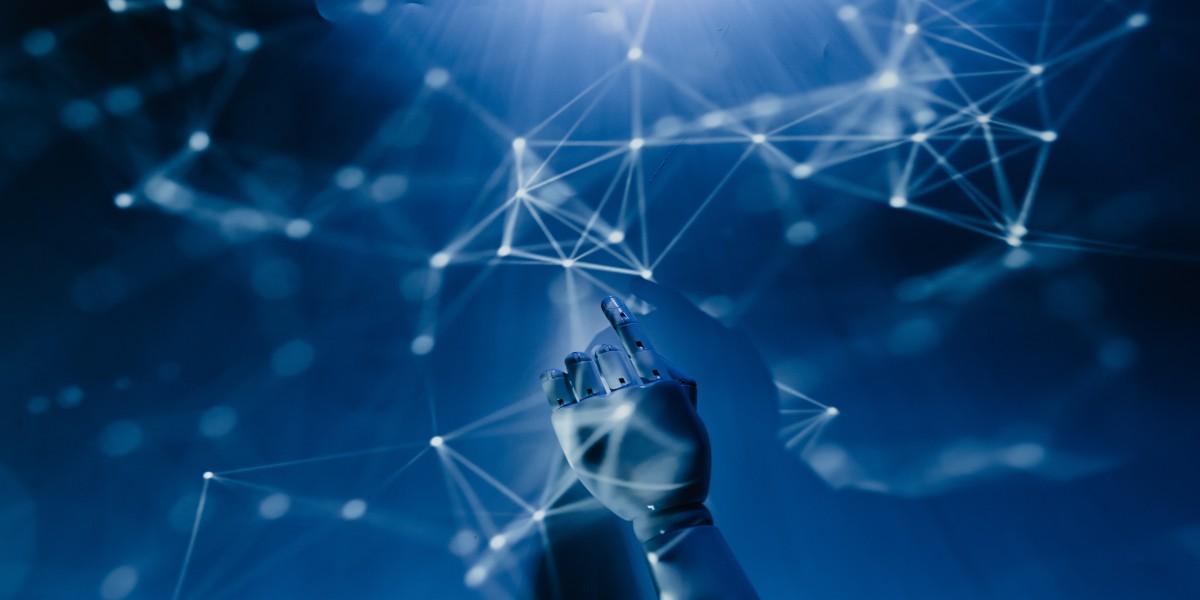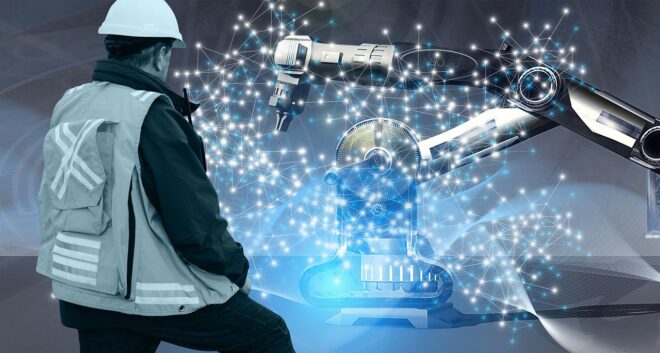![]()
Artificial intelligence (AI) has revolutionized the world in unexpected ways in the past few years. New careers are created because of AI, new drugs are discovered, our senses are enhanced, and we learn more about the world as a result of it. One day, it may eliminate war, disease, and poverty.
AI is becoming more and more commonplace, and our children will be highly dependent on it in the future. Coding is one of the things kids learn early these days, but they can learn artificial intelligence too! Here’s how you do it.
What is Artificial Intelligence
AI is a branch of computer science that makes computers mimic human skills, particularly learning, training, and cognitive recognition. It’s concerned with making machines capable of things beyond what a human can do, including recognizing objects, speech, or language, solving problems, and adapting to different situations.
Machines can learn from experience and perform the same task without explicitly being programmed. Using AI has several advantages, including the reduction of human error. This means they work more efficiently and are more reliable.
Students can become the architects of their own worlds through this progressive approach. Students can create games, design art, and even program robots through this process. Kids need to learn AI because it is part of their everyday lives.
Artificial intelligence provides them with a wonderful opportunity to learn how the world they see around them works. AI is not only the future; it’s here right now. (Read more: Natural Language Toolkit Guide)
Why Kids Need To Learn AI
There will likely be a more significant impact on children from AI in the coming years. On the one hand, learning another in-demand technology skill like data science has a pragmatic logic. The rapid pace of technological advancements and their impact on kids’ careers make it crucial to equip them with AI knowledge and skills.
However, it is also crucial to teach AI to youngsters because it is already a constant presence in their everyday lives, even without realizing it. Kids are constantly exposed to artificial intelligence-powered devices and technologies, from video games to virtual assistants that they interact with at home. Such exposure could affect their understanding of intelligence at a young age.
Children often overestimate what AI can do based on their interactions with it. Thus, introducing AI – its principles, applications, and limitations – at a young age is a great way to foster critical thinking, preparing kids to become smart consumers of technology.
In light of the high stakes and the counterintuitive nature of AI, it would be wise for children to be introduced to it early, not just as a subject in a classroom but as a way of living. Many kids have a good grasp of technology, and it can help train them to live with such tech without affecting their overall development.
Where Kids Can Learn About Artificial Intelligence
Students are not exposed to AI concepts, challenges, and software applications at school. Due to this, educators and businesses are developing AI curricula for middle and high school students, whose performance can be improved through knowing how to create AI algorithms and identify partial data.
Immersion is the most effective method of learning artificial intelligence, primarily due to the complex concepts they need to grasp. Instead of studying a theory-heavy perspective, students learn through hands-on experience. Learning about the technology behind machine learning should be a key component of classes.
As students need a computer to participate, online classes are excellent for machine learning. Thanks to online learning and meeting platforms, students can take online courses with the best teachers around the globe. Technology allows students to collaborate with anyone and learn with students around the world through these courses.
You want classes that do the best job in creating collaborative machine learning environments. Specifically, you want a program that provides students with a solid conceptual background, together with immersive AI experiences.
Benefits of Teaching Kids AI
Children can enjoy a lot of benefits when learning artificial intelligence. Many of these benefits are similar to teaching kids the latest technology trends but better preparing them for a future where AI is the norm. The concepts they learn now can help prepare them for the future.
Kids may need to learn programming languages first for them to understand artificial intelligence, but the process should be natural to them.
1. Preparing For The Future
AI is already present in many aspects of children’s daily lives. It impacts their participation in social networking, entertainment, education, and many other aspects of life. Teaching kids about AI would prepare them for its integration in their future careers and help them make smart choices when interacting with this technology.
2. AI Careers Are Lucrative
AI is already a lucrative career. As technology improves, it will open up more job opportunities for professionals in the field. Early exposure to AI also helps students learn critical thinking and problem-solving skills, which are essential in any career path.
If children can learn about artificial intelligence very early in their lives, they can build their interests around the field and gain knowledge as they grow. This will help point kids in the right direction for potential careers in AI in the future.
3. AI Can Be Fun
Teaching AI doesn’t have to be boring; artificial intelligence is already a fun and exciting field. Students learn about AI through fun and engaging games and activities. Once they understand the concepts, they can start creating and leveraging AI-based applications that they can use with anything, from games to voice assistants.
4. Promotes Data Fluency
AI is all about data, as students need to learn how to collect relevant information, analyze it, and turn it into AI algorithms. The more information they gather, the more accurate decisions they can make. This knowledge can help them later in life when faced with important decisions.
Learning AI can help students become data fluent, or knowledgeable, and competent in working with data. Through data fluency, students can learn skills such as creating data-driven products, analyzing data, and communicating data-driven information without advanced training.
The Bottom Line
Artificial Intelligence is an important subject to learn, especially for kids. They can learn AI in a rigorous learning environment with experts in the field. This ensures that they understand the most important and relevant information.
AI is already part of children’s lives, whether they realize it or not. This means that the sooner they learn about it, the better. Kids can gain several benefits by learning AI early in their lives, from increased job opportunities to enhanced critical thinking skills.



